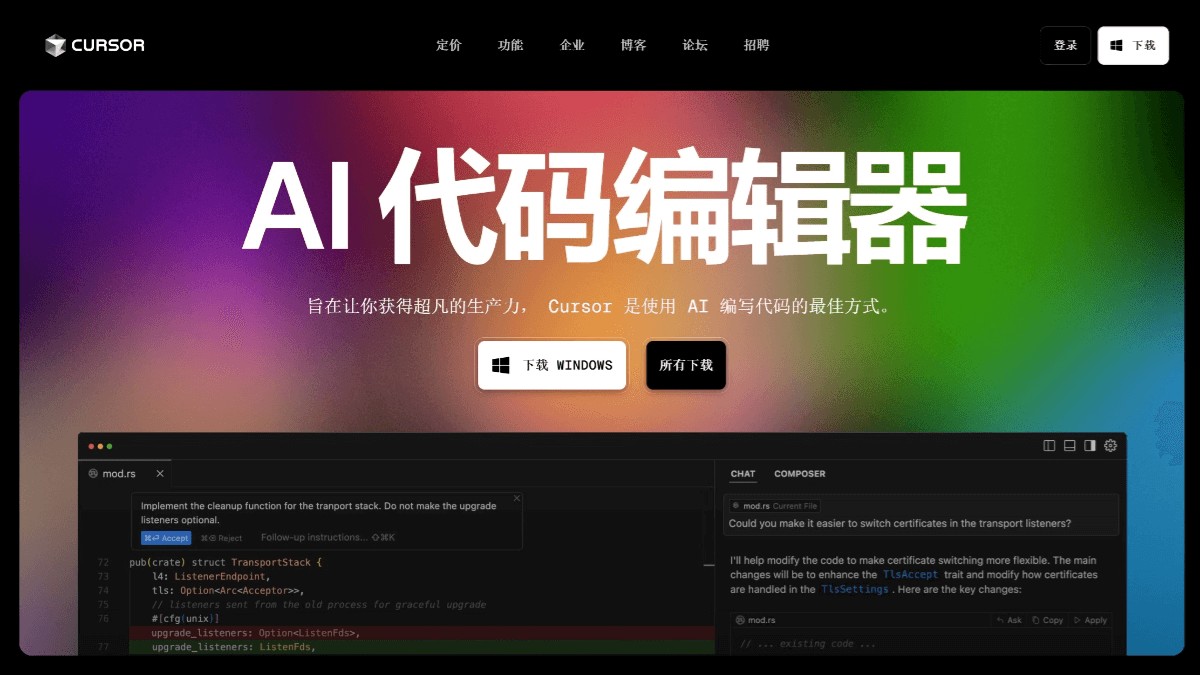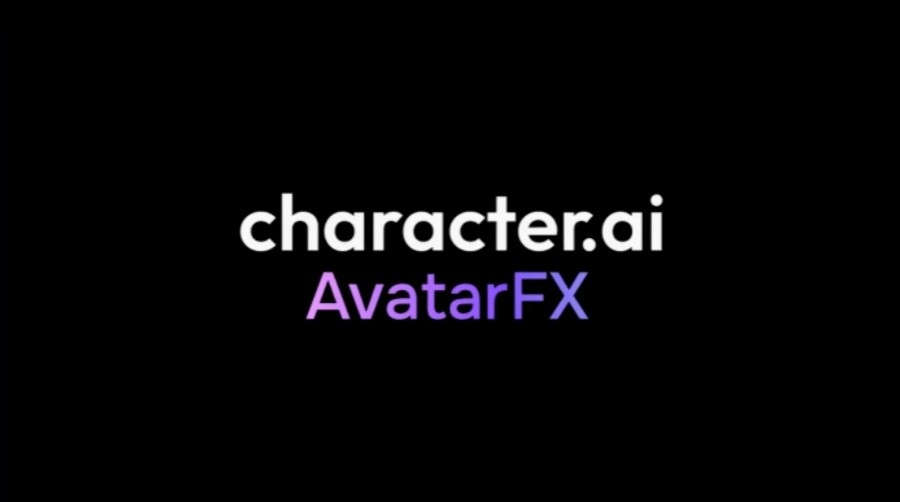Recently, a software engineer bought the OGOpenAI.com domain name for "less than a Chipotle meal" and redirected it to the official website of DeepSeek, a Chinese artificial intelligence laboratory. This move has attracted widespread attention in the industry, especially in the context of the rapid development of open source AI technology, DeepSeek has quickly emerged with its innovative technology and open source concept.

According to software engineer Ananay Arora, he revealed to TechCrunch that his original intention of purchasing the OGOpenAI.com domain name is to support DeepSeek's contribution in the field of open source artificial intelligence. Arora said DeepSeek recently launched an open source AI model called DeepSeek-R1 , which performed well in multiple benchmarks and even surpassed OpenAI's o1 model in some ways. This breakthrough not only improves the availability of open source AI technology, but also provides developers with more choices and freedoms.
Features of the DeepSeek-R1 model : Similar to some early models of OpenAI (such as Point-E and Jukebox), DeepSeek-R1 supports offline operation, and can be obtained and used by any developer with the necessary hardware for free. This openness makes the popularization of AI technology more convenient, especially in scenarios where data privacy and security are needed, the characteristics of offline operation are particularly important.
DeepSeek's open source model is similar to the concept of early OpenAI, aiming to lower the threshold for the use of artificial intelligence technology and benefit developers around the world. Unlike the charging model of many large AI companies, DeepSeek's open source spirit not only helps drive technological innovation, but also helps developers research and explore in an unlimited environment.



